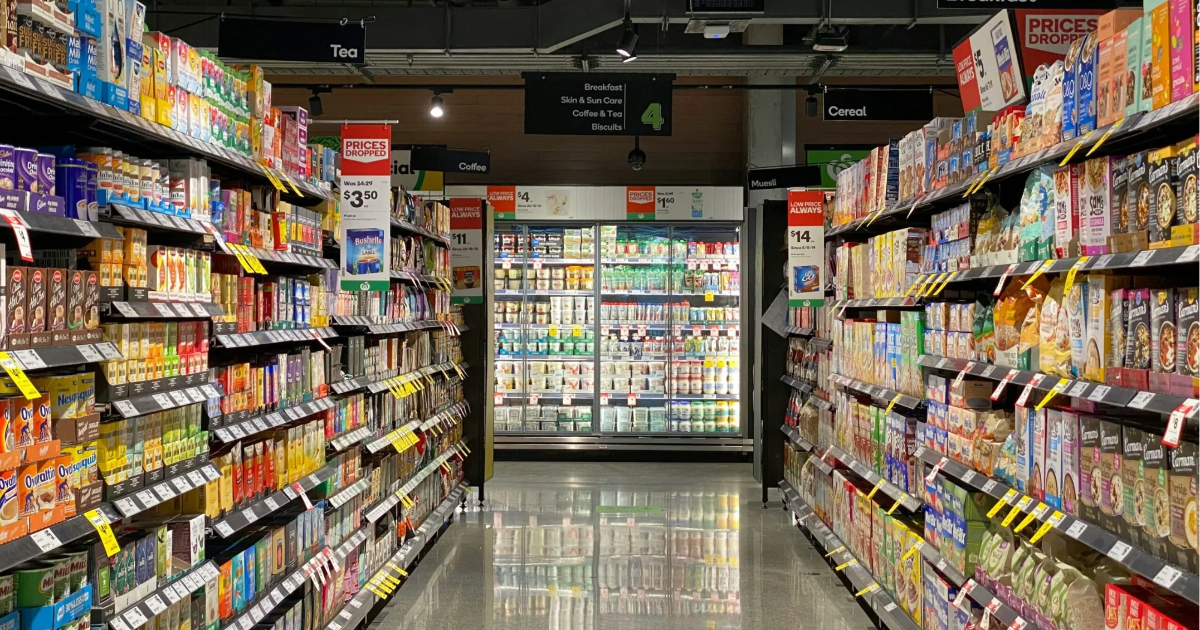
"Uber Eats has launched INCA (INventory and CAtalog), a scalable catalog system for its global platform to manage large, diverse product inventories from supermarkets, pharmacies, and other retail partners. INCA addresses the limits of Uber Eats' original restaurant-focused architecture, which was optimized for low SKU counts and direct pass-through cataloging, but could not meet the scale, metadata complexity, and compliance requirements of retail environments."
"INCA processes billions of catalog changes daily and is designed to update product data in near real time, with sub-minute latency for changes such as pricing or availability. It unifies ingestion, enrichment, publishing, and indexing pipelines so customers see accurate and up-to-date products across Uber Eats' applications. Uber Eats engineers describe retail catalog management as an "ambiguous and complex problem space". A product may be ingested, but its availability can be altered by downstream factors that influence whether and how the item surfaces to customers."
INCA is a scalable catalog system built to manage large, diverse product inventories from supermarkets, pharmacies, and other retail partners. The system processes billions of catalog changes daily and updates product data in near real time with sub-minute latency for pricing and availability changes. INCA unifies ingestion, enrichment, publishing, and indexing pipelines to ensure accurate product representation across applications. The data model uses a generic entity plus extensions structure, supporting retailer IDs and internal UUIDs to reduce duplication. The core model centers on the item or offering, linked to retailer, catalog sections, fulfillment options, and a product with attributes like nutritional information and fees.
Read at InfoQ
Unable to calculate read time
Collection
[
|
...
]